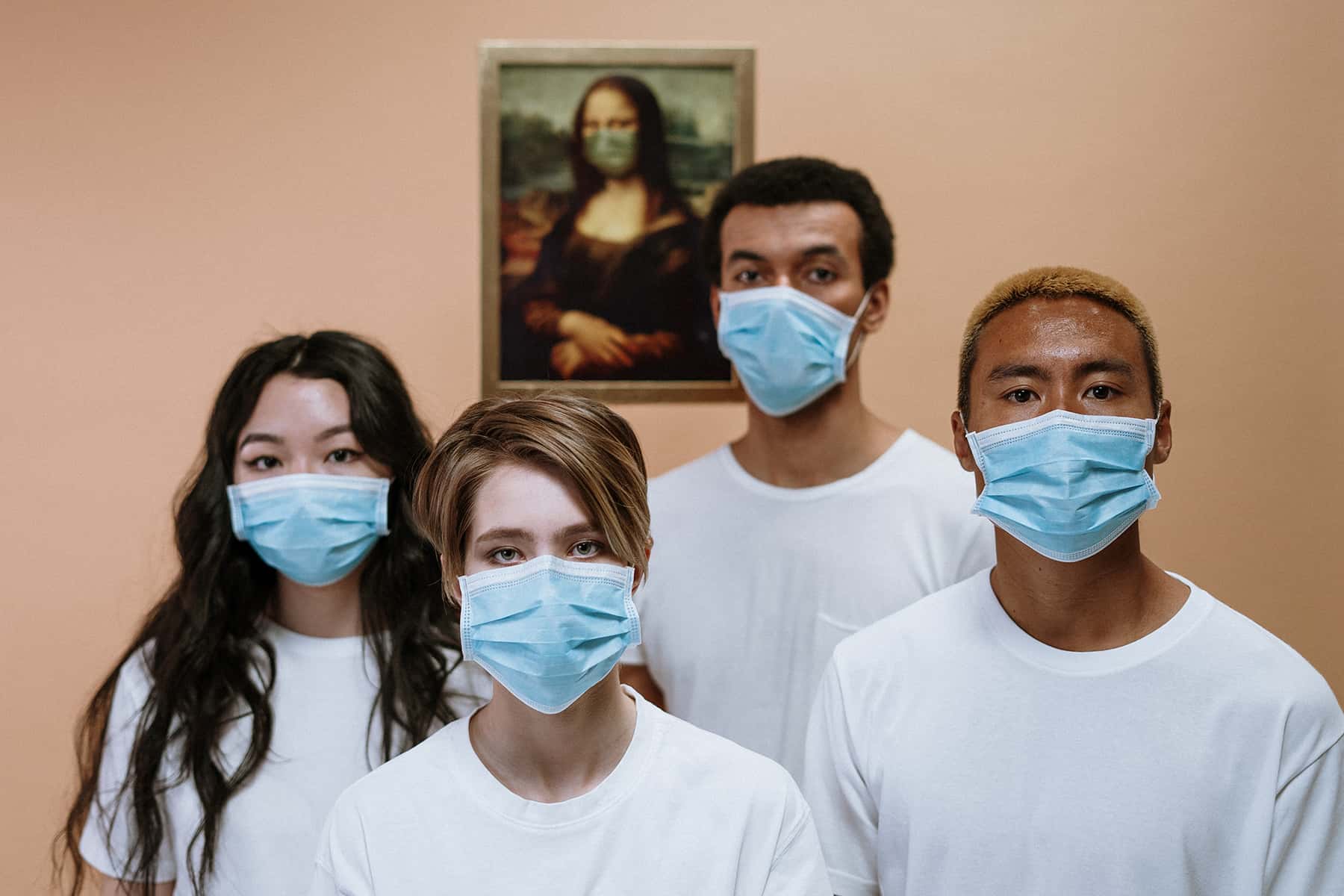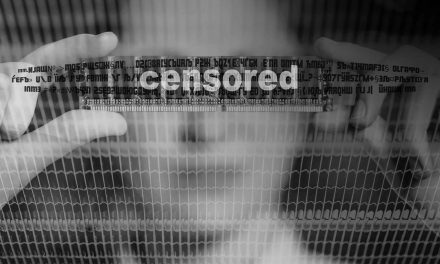
As a result of the COVID-19 pandemic which has killed more than 120,000 Americans and infected 9 million people worldwide, face masks have become ubiquitous as people with regard for their health and the safety of others step out of social isolation. With the habit also comes new challenges for skin care.
Although masks are important for protection, they also may be causing skin irritation or even acne, and as a result. The problem has become so mainstream across social media that there is name for the new condition, “Maskne.”
Health and beauty experts have begun sharing their suggestions for how people can adjust their skin and mask cleaning routines to avoid the dreaded condition.
Elizabeth Mullans, M.D. offered advice on how to properly clean a cloth face mask to stay remain protected against the coronavirus while avoiding skin irritation and acne breakouts caused by harsh chemicals and residue.
“Masks are here to stay, so it’s important that our skincare routines are modified to help minimize acne flare ups and skin irritation caused by mask usage,” said Dr. Mullans, a Board-Certified Dermatologist.
The following tips may help:
- Choose a cotton fabric. The CDC recommends wearing a cloth face covering in public settings. 100% Cotton is advisable as it absorbs moisture and is far less irritating to the skin than other materials.
- Clean your mask every day. Wash your mask daily to avoid the buildup of bacteria. Since a mask rests on your face, harsh chemicals and alcohols can indicate a skin reaction waiting to happen. A hypoallergenic and fragrance-free detergent is recommended. When laundering a mask, make sure to use the warmest recommended water setting and dry on the highest heat setting. Try adding a splash of white vinegar to the load for its anti-bacterial, anti-viral, and anti-fungal properties.
- Wash your face twice a day. Use a gentle cleanser twice a day, both before and after wearing a mask. Acne prone individuals might benefit from cleansers that contain salicylic acid. A salicylic acid, sulfur, zinc, or 2.5% benzoyl peroxide gel can be used to spot treat pimples.
- Use a light moisturizer. Stay well moisturized to protect your skin’s barrier. Look for a moisturizer with hyaluronic acid or ceramides. Consider treating yourself to a hydrating mask if your skin tends to be dry.
- Avoid makeup. Try to keep makeup to the bare minimum to allow your skin to breathe and reduce clogged pores. Switch to makeup and moisturizers that are non-comedogenic.
“Remember that your skin is your body’s largest organ and the products you use matter. If you feel that you have done all that you can to avoid skin irritation, and the problem persists, consult with your dermatologist,” added Dr. Mullans.














